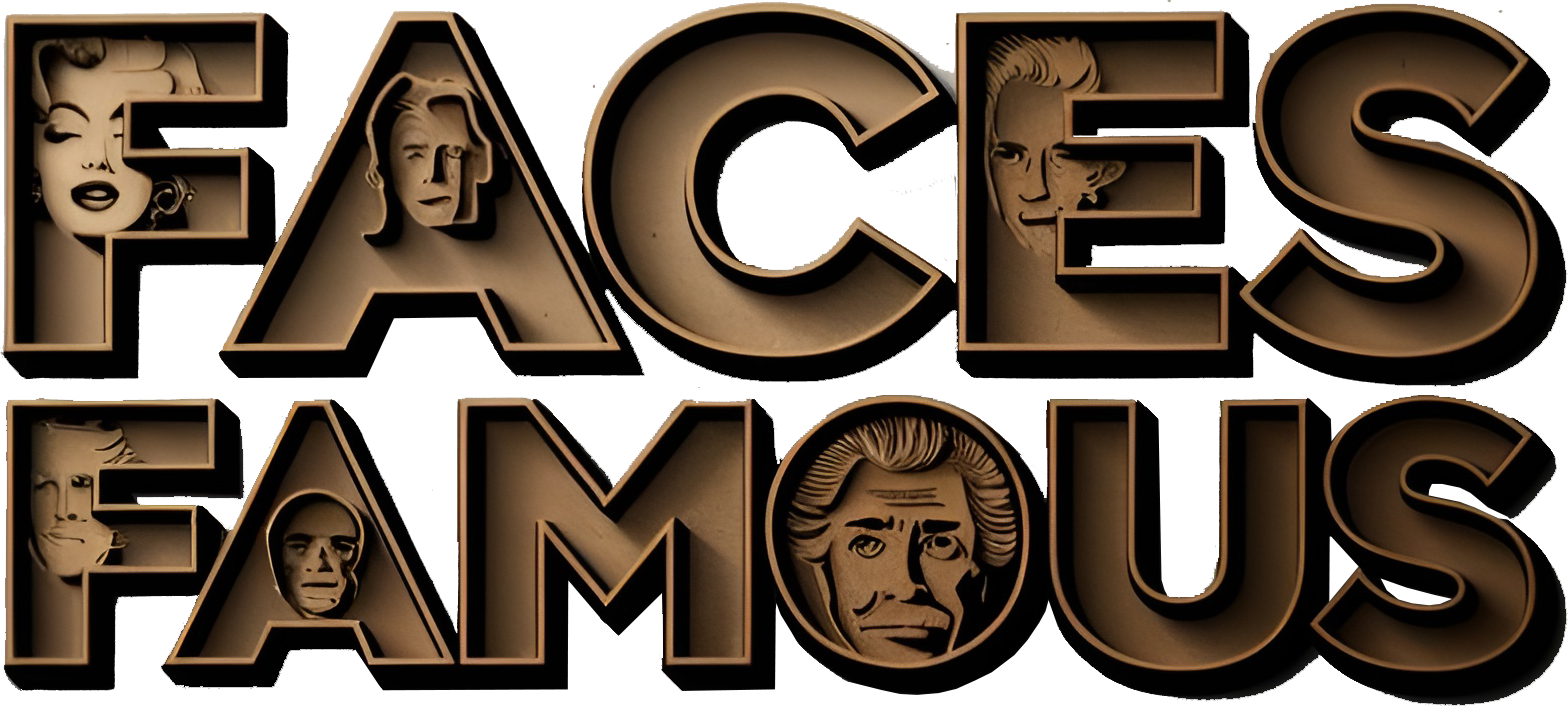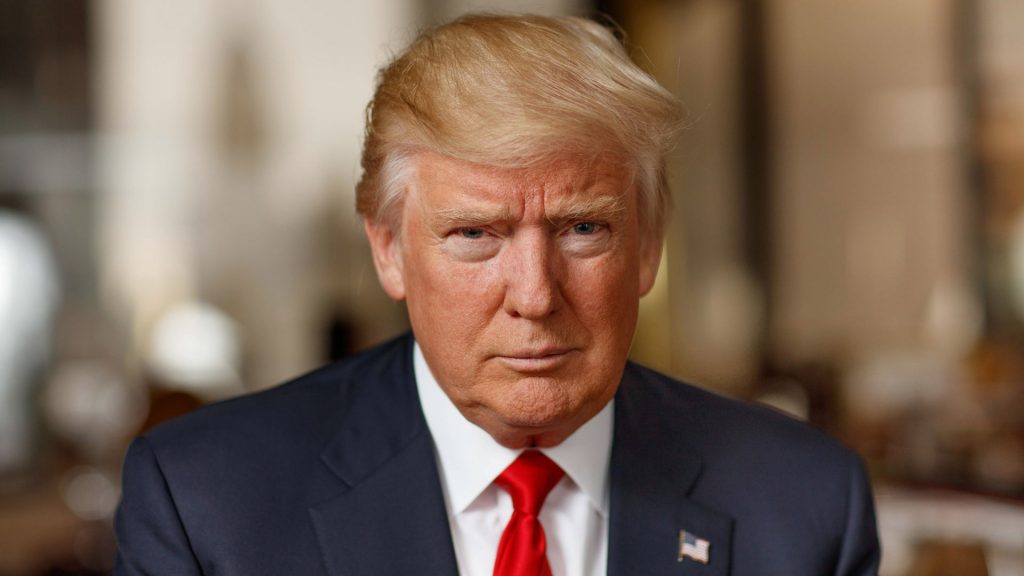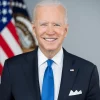Donald John Trump, born on June 14, 1946, in Queens, New York, is a businessman, television personality, and the 45th President of the United States, serving from 2017 to 2021. As a highly controversial figure in American politics, Trump is known for his unorthodox leadership style, populist rhetoric, and impact on both domestic and international policies. His presidency was marked by significant political polarization, an unconventional approach to governance, and several key policy changes that left a lasting imprint on the country.
Early Life and Education
Donald Trump was born into a wealthy family. His father, Fred Trump, was a successful real estate developer who made a fortune building middle-class housing in the New York City boroughs. Growing up, Donald was exposed to the real estate business from an early age, which greatly influenced his career path. He attended the New York Military Academy during his high school years, a decision his parents made to instill discipline and structure.
Trump continued his education at Fordham University before transferring to the Wharton School at the University of Pennsylvania, where he earned a degree in economics in 1968. After graduating, he joined his father’s real estate business, the Trump Organization, and began expanding its portfolio, eventually focusing on luxury real estate projects in Manhattan.
Business Career
In the 1970s, Donald Trump took control of the Trump Organization, a real estate and construction company his father founded. He shifted its focus to high-profile, luxury real estate developments, particularly in Manhattan. Trump developed and renovated several iconic properties, including the Grand Hyatt Hotel, Trump Tower, and various office buildings and luxury hotels in New York City.
Expanding the Brand
Trump’s success in real estate enabled him to expand his brand beyond property development. He licensed the Trump name for a variety of ventures, including casinos, golf courses, and consumer products. His brand became synonymous with luxury, opulence, and wealth, which helped him build a public image as a successful businessman.
However, Trump’s business ventures were not without controversy. Over the years, several of his companies faced financial difficulties, leading to multiple bankruptcies in his casino and hotel businesses. Despite these setbacks, Trump maintained a high public profile, often leveraging media appearances and public controversies to his advantage.
Television Fame and Celebrity Status
Trump’s fame extended into television with the launch of the reality TV show “The Apprentice” in 2004. The show, where contestants competed for a job within the Trump Organization, was a major success and helped cement Trump’s image as a tough, decisive businessman. His catchphrase “You’re fired!” became widely recognized. “The Apprentice” significantly elevated Trump’s public persona, making him a household name across America.
This television success, combined with his real estate empire and high-profile celebrity status, positioned Trump as a key figure in American popular culture long before he entered politics.
Political Career and 2016 Presidential Campaign
Although Trump had flirted with the idea of running for political office in previous years, including briefly considering a run for president in 2000, it wasn’t until 2015 that he formally announced his candidacy for the presidency. On June 16, 2015, Trump declared his intention to run for the Republican nomination, kicking off what would become one of the most unconventional and polarizing presidential campaigns in U.S. history.
Key Campaign Themes
Trump’s campaign was built on a platform of economic nationalism, populism, and a rejection of traditional political norms. He advocated for policies that resonated with working-class voters, particularly in the Rust Belt states, and took a hardline stance on issues like immigration, trade, and foreign policy. Some of the key themes of his campaign included:
- “America First”: Trump’s foreign policy slogan, advocating for prioritizing American interests in trade, military, and international diplomacy.
- Immigration: Trump called for stricter immigration controls, including the construction of a wall along the U.S.-Mexico border to prevent illegal immigration.
- Trade: He criticized international trade agreements like NAFTA (North American Free Trade Agreement) and promised to renegotiate them to benefit American workers.
- Political Outsider: Trump positioned himself as a political outsider who was not beholden to the Washington establishment, contrasting himself with career politicians like Hillary Clinton, his opponent in the 2016 general election.
Election Victory
Despite facing criticism from both sides of the political spectrum, Trump’s campaign gained momentum. His ability to tap into the frustrations of disenfranchised voters, particularly white working-class Americans, along with his effective use of social media, helped him win the Republican nomination. In a stunning upset, Trump defeated Democratic candidate Hillary Clinton in the 2016 presidential election, winning the Electoral College despite losing the popular vote.
Trump’s victory shocked political analysts and established his position as a dominant figure in the Republican Party. His election marked a significant shift in U.S. politics, with his unfiltered communication style, disregard for traditional political decorum, and appeal to populist sentiments reshaping the political landscape.
Presidency (2017–2021)
Donald Trump’s presidency was characterized by significant domestic and international policy shifts, ongoing political controversies, and a deeply divided electorate.
Key Domestic Policies
- Tax Reform: In 2017, Trump signed into law the Tax Cuts and Jobs Act, which reduced corporate tax rates and provided tax cuts for individuals. This was a major legislative victory for his administration, although critics argued that it disproportionately benefited the wealthy and corporations.
- Deregulation: Trump prioritized rolling back federal regulations, particularly in environmental protection, to promote business growth. His administration reversed many Obama-era policies related to climate change, including pulling the U.S. out of the Paris Climate Agreement.
- Immigration: One of the most contentious aspects of Trump’s presidency was his immigration policy. His administration implemented a “zero-tolerance” policy that led to the separation of migrant families at the U.S.-Mexico border, sparking widespread outrage. Additionally, his administration introduced a travel ban on several predominantly Muslim countries.
- Healthcare: Trump attempted to repeal the Affordable Care Act (Obamacare) but was unable to fully dismantle it. However, his administration did weaken parts of the law, such as eliminating the individual mandate.
Foreign Policy
Trump’s foreign policy was characterized by a focus on nationalism and bilateral relationships. He sought to renegotiate or withdraw from several international agreements, including:
- Withdrawing from the Iran Nuclear Deal: Trump withdrew the U.S. from the 2015 agreement, which aimed to prevent Iran from developing nuclear weapons, arguing that it was ineffective.
- Trade Wars: Trump engaged in trade disputes, most notably with China, imposing tariffs on Chinese goods and sparking a trade war.
- NATO and Allies: Trump frequently criticized NATO allies for not meeting their defense spending commitments and questioned the value of long-standing alliances, leading to concerns about the U.S.’s global role.
Impeachments and Controversies
Trump’s presidency was mired in scandals and investigations. He was impeached twice by the House of Representatives. The first impeachment in 2019 was over accusations that he pressured Ukraine to investigate his political rival, Joe Biden. The second impeachment occurred in January 2021, following the storming of the U.S. Capitol by Trump supporters, which was seen as an incitement to insurrection. Trump was acquitted by the Senate in both trials.
Trump’s administration also faced investigations into possible collusion with Russia during the 2016 election, although the Mueller Report found insufficient evidence to charge Trump with collusion.
Post-Presidency
After losing the 2020 presidential election to Joe Biden, Trump refused to concede and falsely claimed widespread voter fraud. These claims culminated in the storming of the Capitol on January 6, 2021, an event that led to his second impeachment.
Since leaving office, Trump has remained an influential figure in the Republican Party and among his supporters. He continues to assert his role in shaping the future of American conservatism, and there has been speculation about a potential 2024 presidential run.
Legacy
Donald Trump’s legacy is one of deep political division, economic changes, and significant shifts in U.S. foreign policy. His presidency disrupted the traditional norms of American politics, leaving a lasting impact on the Republican Party and the country as a whole. Supporters praise him for championing economic growth, deregulation, and a strong national identity, while critics highlight his role in deepening political polarization, his handling of the COVID-19 pandemic, and his disregard for democratic institutions.
Trump remains a deeply polarizing figure whose influence on American politics will likely be debated for years to come.



